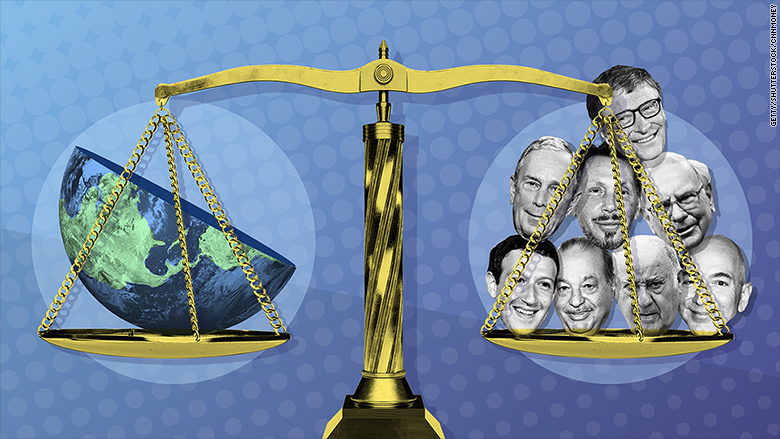
 by @anarchyroll
by @anarchyroll
2/20/2014
What is money velocity? It is the speed at which the M2 money supply moves from one transaction to another. What is the M2 money supply? It is all the liquid cash assets in the country from cash, savings accounts, mutual funds, certificate of deposits (CDs), checking deposits, or basically any kind of money stored in any kind of account, or mattress if you’re old and senile.
How can money velocity be used to gauge economic strength? Because money velocity ends up being the ratio of the size of a country’s economy to the size of the money supply. So there shouldn’t be more cash than there is gross domestic product (GDP) or less than. If there is more/less, then inflation/deflation occurs as a market correction.
I may sound very smart with the above explanation, but a recent article in Bloomberg Businessweek did all the heavy lifting for me. The article is short, quick, to the point, and keeps everything in plain language, as I try to do with this blog.
The concept of money velocity fascinated me because; I had never even heard or come across the term before, was unaware it is a relatively accurate economic indicator, and was surprised that the slower money moves the safer we are from inflation or another recession. Why is that? Hasn’t the Fed been flooding the markets with freshly printed money for over three years? They have, but people and businesses aren’t spending it, they’re saving it. Which is good for now because inflation could stop the economic recovery in its tracks.
But the money will have to start flowing sooner than later. Especially as QE gets tapered off over the next 18 months. Fading out QE and fading in inflation wouldn’t do much damage to the economy. It would be like getting autumn before winter or spring before summer, our bodies acclimate to the changing weather because of a gradual transition. This could be the case with money velocity. It was refreshing to learn that the low money velocity we are seeing now is historically normal, and has in the 60s and 80s preceded boom periods.
But those booms were just bubbles. We all must keep one eye on Wall Street to make sure that our country isn’t held hostage by a bursting bubble again. That is why they teach consumer ed in high schools folks, it’s not just to give an elective teacher a pay bump.
So now you know what money velocity and M2 money supply are. It’s used as an economic indicator because of its ratio to GDP. Lower velocity means lower prices and deflation while higher velocity means higher prices and inflation. Drop those in conversation at the cocktail lounge but not the night club, depending on how fast you want to move the cash in your wallet to keep the other parties interested…





